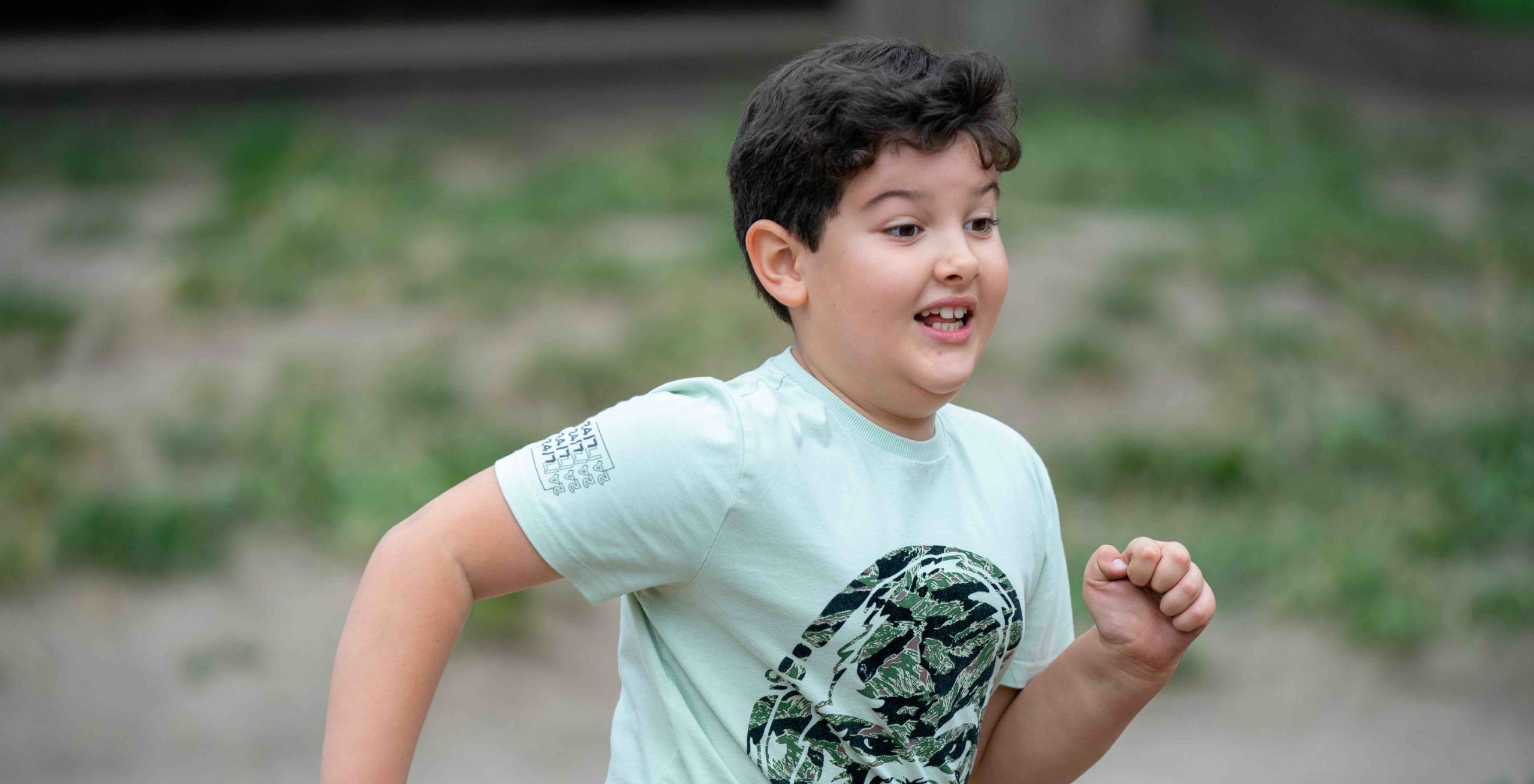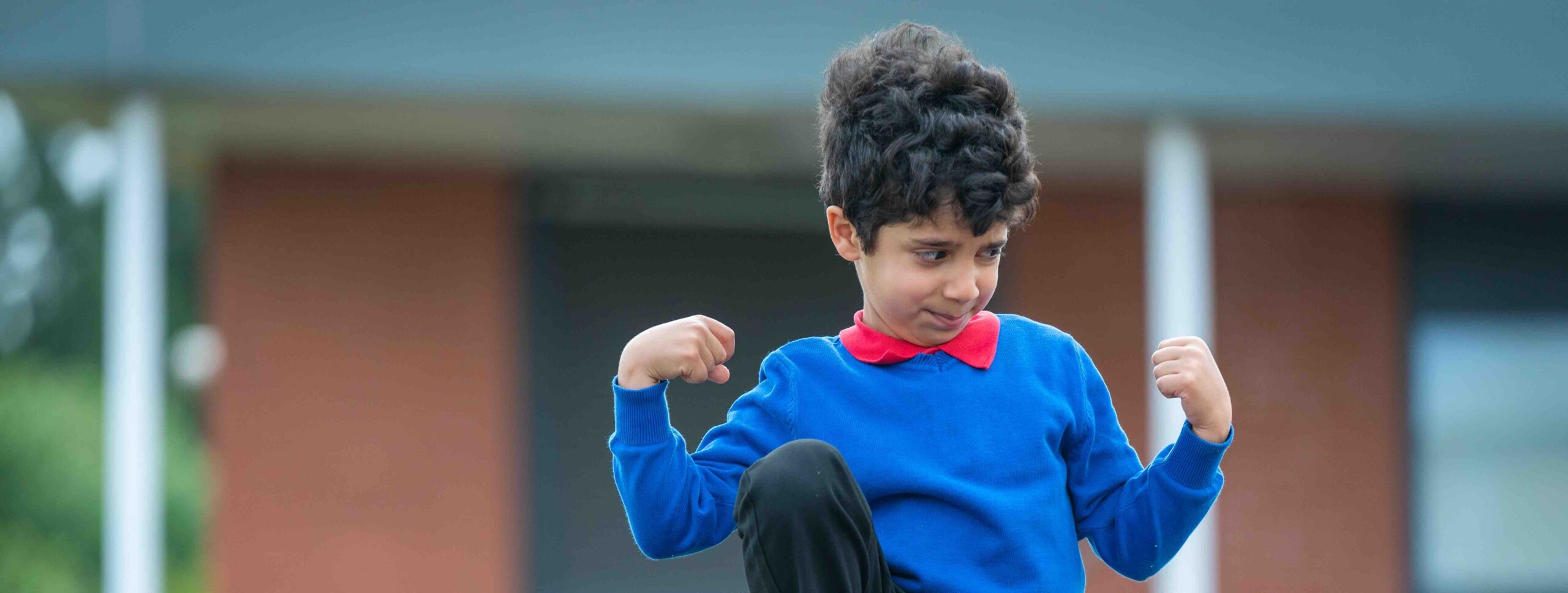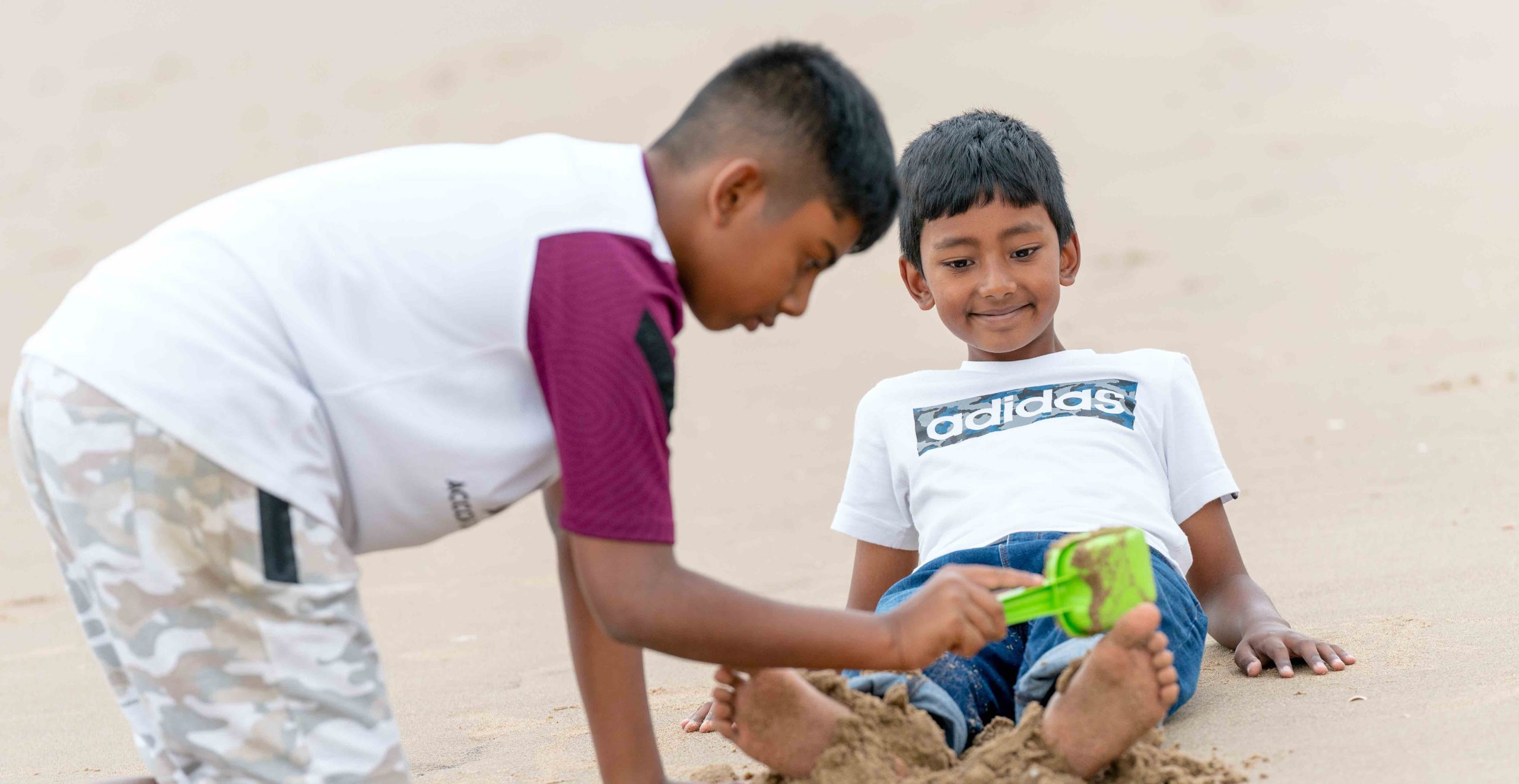All about play
Why play matters
When they play, children develop and learn in all sorts of ways. Children benefit most when they are in charge of their own play – when they choose what to play, who to play with and how they want to organise their play.
Playing is fun – and that’s important, too. Having fun, laughing and enjoying time with friends and family are all part of a happy childhood. Fun adds to your child’s health and development.
Play is every child’s right
The importance of children’s play is recognised throughout the world. The United Nations Convention on the Rights of the Child (UNCRC) explains the rights of all children and teenagers. It states that every child has the right to play – whoever they are, wherever they live and whatever they believe.
Playing is your child’s right wherever they are – at home, in the community, in childcare and at school.
Find out more about children’s right to play
Playing outdoors
Playing outside in all weathers and seasons is fun and it’s good for children. They can discover the natural world by playing in nature – playing with things like puddles, sand, bark and twigs.
Outdoor play helps children learn about looking after themselves. When they slide on ice, put on a sunhat or do things to stay safe while they’re out, they are developing skills for life.
Some things are just better outside! Running around, cycling, digging, building large dens, making mud pies. And adults usually find it easier when children make a noise outdoors rather than indoors.
Playing helps your child develop
Playing makes a crucial contribution to every part of your child’s development – physical, mental, emotional and social. Here are some examples:
Play and physical activity
When they play, children are often physically active – running, jumping, dancing, climbing, lifting, pushing and pulling. Physical activity keeps them fit and helps them develop confidence and self-esteem.
Play and learning
When they play, children solve problems, learn new words, practice skills, discover ideas and explore how things work. Children are learning all the time they are playing.
Play and socialising
When they play, children make friends. They also fall out sometimes and learn about social expectations like sharing and taking part. Joking, chatting and making up games all help them develop communication skills.
Play and creativity
When they play, children test things, make things, use their imagination and express themselves. Playing lets children try out ideas, make mistakes and discover the joy of being creative.
Play and feelings
When they play, children express themselves. They often feel happy playing, having fun and letting off steam. Playing is also a way to understand feelings like frustration, annoyance, sadness and satisfaction.













